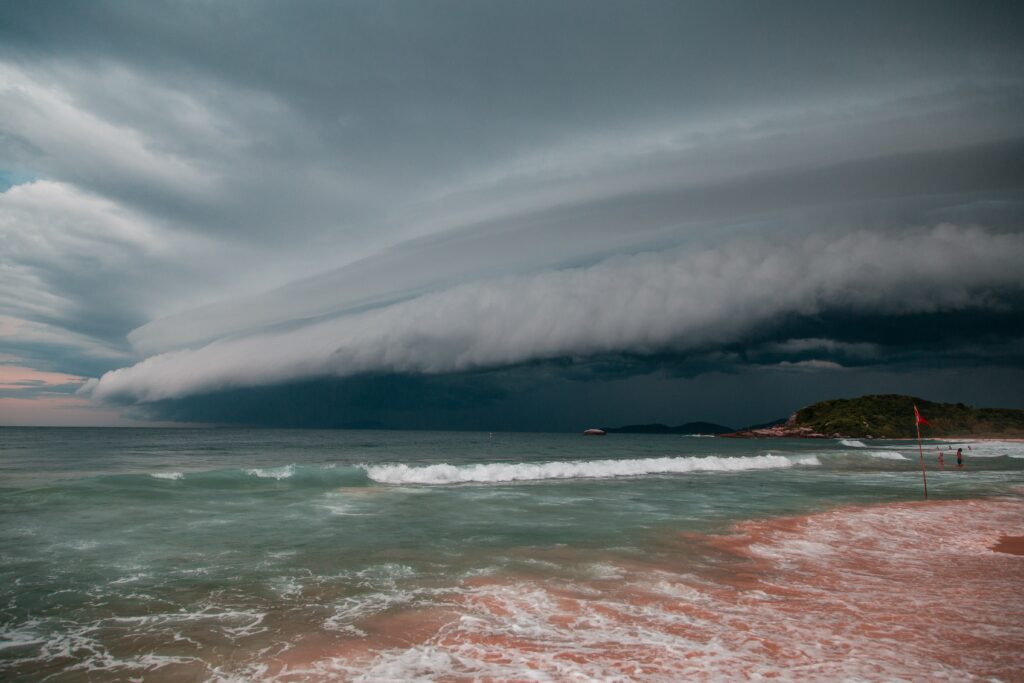
Assessing and comparing the impacts of droughts, floods, heatwaves, frosts and storms in Europe
MYRIAD-EU researchers from Germany’s Max Planck Institute for Biogeochemistry assessed the biophysical and societal impacts of hydro-meteorological extremes in 24 European countries.
Extreme hydrological and meteorological events – like droughts, floods, heatwaves, frosts and storms – can severely damage ecosystems and parts of the economy. Consequently, they can affect our society. As climate change could aggravate such extreme events, knowing how they impact biophysical and societal variables is of ever more importance.
René Orth, Markus Reichstein, and several other researchers from the Max Planck Institute for Biogeochemistry recently published a research paper titled “Contrasting biophysical and societal impacts of hydro-meteorological extremes” which looks into, and compares, the changes in photosynthesis, crop yields, mortality, property damage, and public attention in response to extreme hydrological and meteorological events.
The research shows that droughts, floods, heatwaves, and frosts strongly affect photosynthesis and crop yields, whereas public attention and property damage are most affected by storms and floods. Unexpectedly, floods and storms reduce human mortality. Overall, their findings support regional extreme event management to consequently reduce disaster risks.
